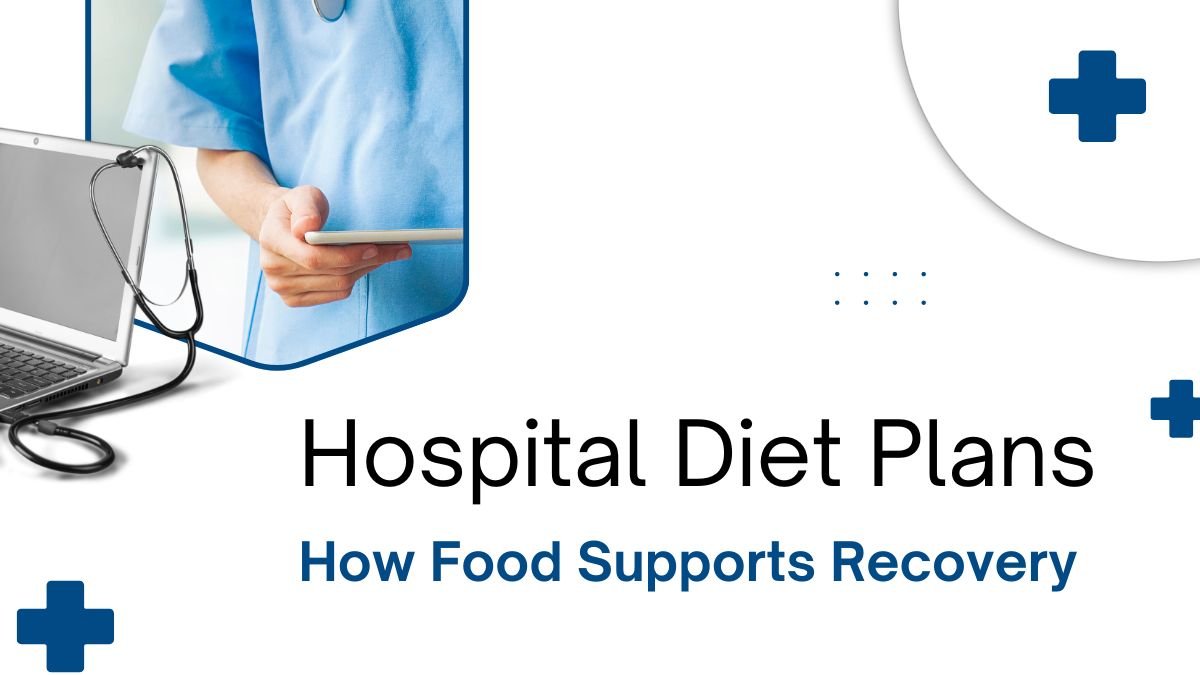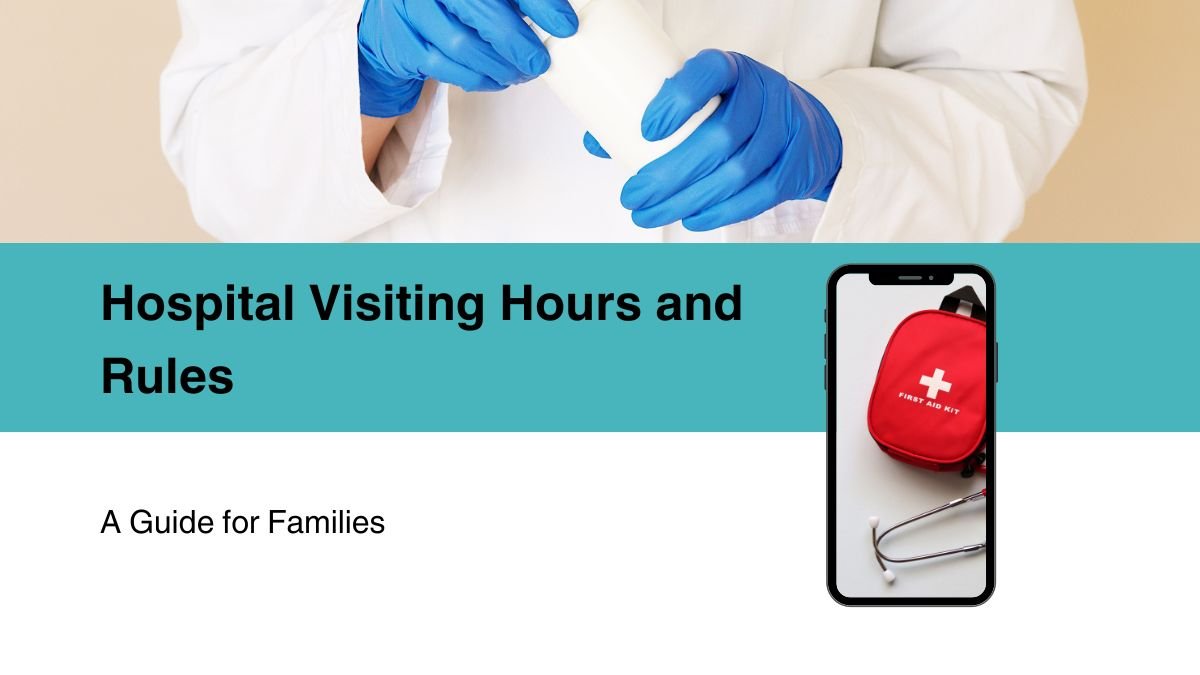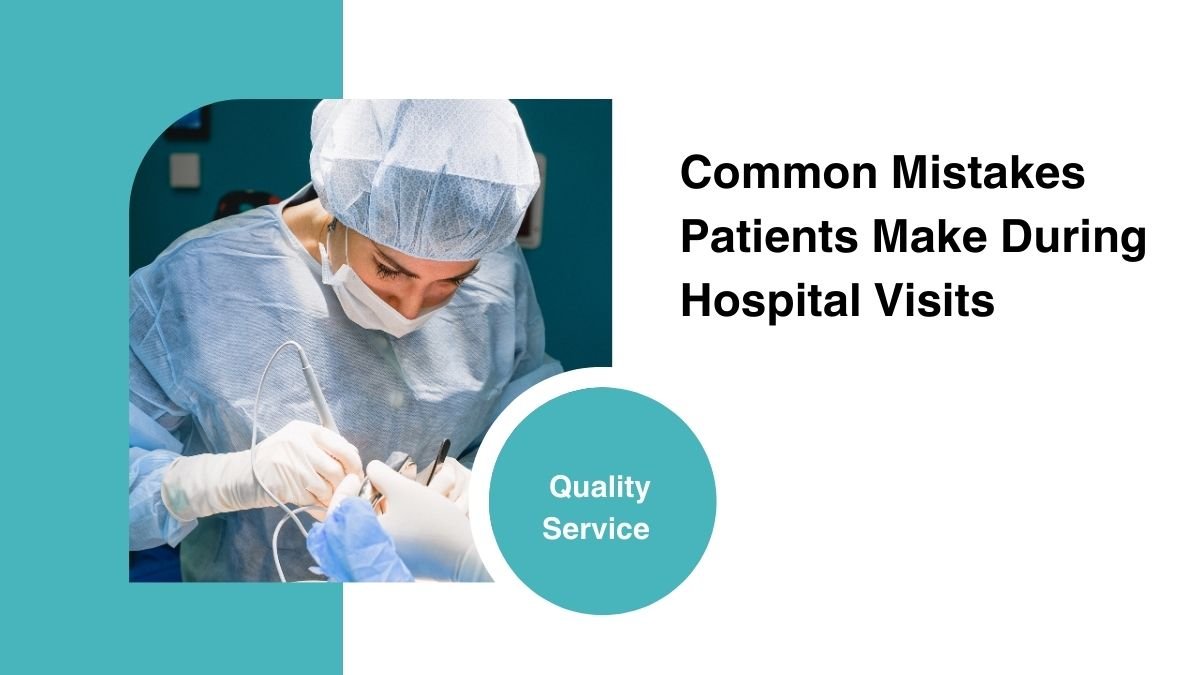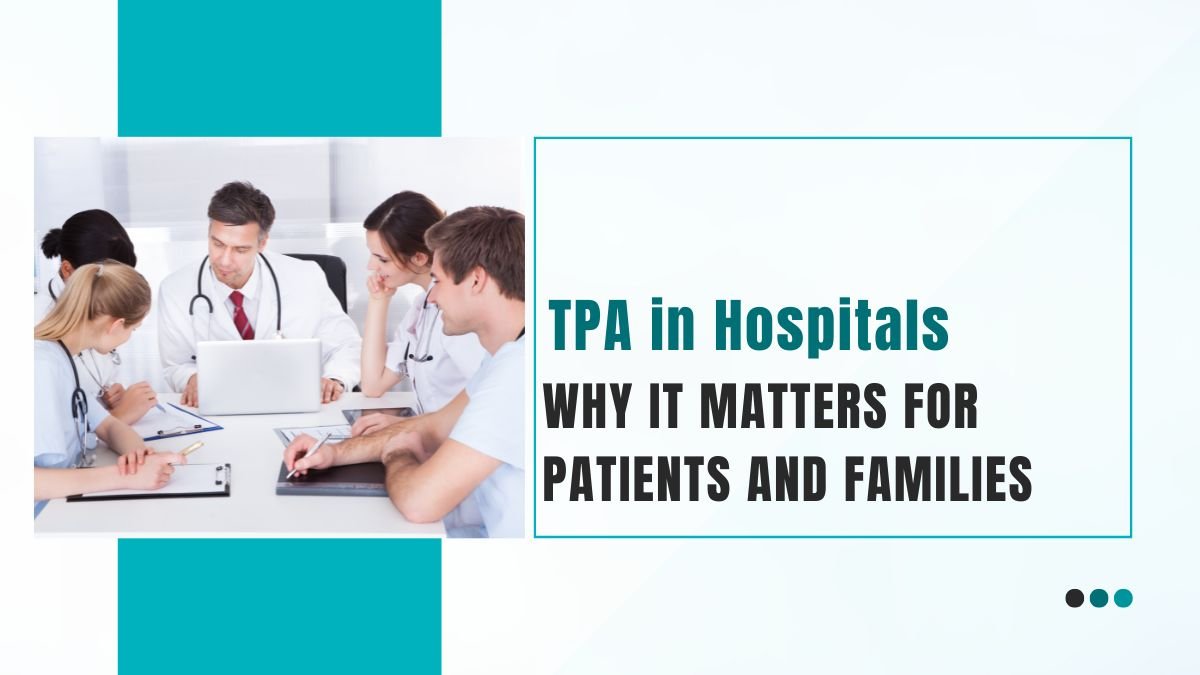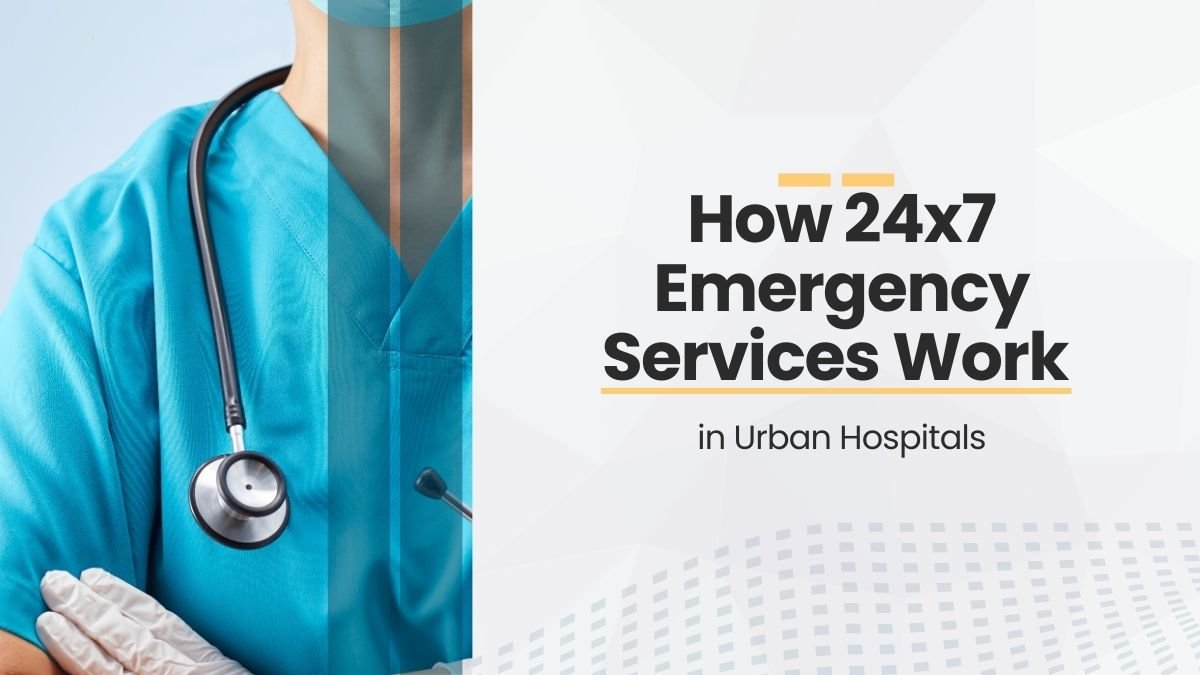Food for a patient in the hospital – not just a necessity, but an important part of treatment
When someone falls sick and lands in hospital, at most times people tend to concentrate on the doctor’s medicines and tests along with the treatment. But sometimes, they forget the other important thing that goes with recovery: food. It is not just a matter of food to satisfy hunger. Instead, food supplies strength to the body, healing power, and energy to resist disease.
So in the hospital, a patient gets certain kinds of food as dietetic treatment. Getting the right nutrition at the right time can reduce the recovery time and the patient can go home early.
1. Why does the body need special food during illness
- The body needs more energy, strength and nutrients while fighting the disease.
- Medicine does its job, but the body gets support from nutrition to heal.
- Deficiency in nutrients at injury sites can prolong healing, cause excessive weakness, and facilitate lower body defense mechanisms.
- For example, the physicians recommend a high-protein and vitamin C diet in the post-operative phase for quick wound healing and prevention of infections.
2. Essential Nutrients and Their Benefits
Protein – The building block
- Repairs damaged tissues and restores muscle strength.
- Eggs, lentils, paneer, fish, chicken, soy and nuts are good sources.
Carbohydrates – The engine battery
- Gives the body energy for daily activities.
- Roti, rice, dalia, oats, potatoes and fruits help.
Good Fats – The protector of cells
- Needed for making hormones and keeping cells strong.
- Salad oils, walnuts, almonds, sesame seeds, flax seeds and fatty fish are rich sources of this element.
Vitamins and minerals – the small but mightiest helpers
- As the vitamin C heals wounds, vitamin D helps bones, and iron takes care of blood formation.
- Spinach, tomatoes, lemons, papayas, guavas, carrots, and beets are a good mix of options.
3. Water: Hearing but perhaps the greatest healer
- Illness tends to make the body most easily lose water in this condition.
- Water, coconut water, soups, herbal teas – all these are important in maintaining a healthy fluid balance.
- Proper intake of water flushes out toxins from the body, thus ensuring blood movement.
4. Proper diet pattern
- Smaller meals at intervals are easier on the digestive system and the body.
- Ensure a balanced breakfast, rich lunch, and light supper: Breakfast should typically be quite rich; lunch should normally be full; and dinner should be light.
5. Why every patient’s diet is different
- A diabetic patient needs less sugar and more fibre.
- A kidney patient needs less salt and limited protein.
- A post-operation patient needs more protein and vitamin C.
- A patient with allergies needs to avoid trigger foods.
6. Role of dietitian
- The dietitian at the hospital decides the diet after looking at the patient’s reports.
- He tells which food to eat when and in what quantity.
- He also teaches how to maintain a diet at home after discharge.
7. Research and facts
Research says that proper nutrition can:
- Reduce hospital stay.
- Reduce the risk of infections and complications.
- The body can gain strength faster.
8. Easy food tips for the patient
- If you don’t have your favorite food, ask the staff for alternatives.
- Take permission from the doctor before bringing outside food.
- Spicy and oily food is harmful for most patients.
- Light, fresh and balanced food is better.
9. Real story
An elderly man was admitted to the hospital with pneumonia. Despite taking medicines, his weakness was not reducing. The dietician included soup, dal, egg and fruits rich in vitamin C in his diet. In just one week, his weight increased a little, blood reports improved and he was sent home early.
10. Conclusion
- Proper food in the hospital is as important as medicine.
- It gives strength, boosts immunity and speeds up recovery.
- Every patient’s needs are different, so the diet plan should also be different.
- Water, protein, carbohydrates, fats and vitamins – a balance of all is important.
If the patient, family and hospital – all pay attention to nutrition together, then recovery from the disease can be easier and faster.
